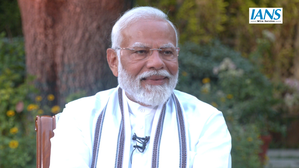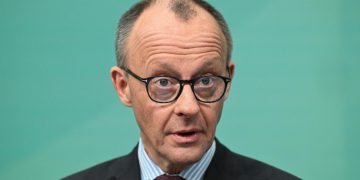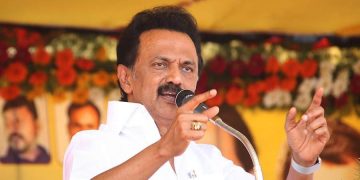Mumbai: Prime Minister Narendra Modi retaining power in the general elections under “changed circumstances” will make the implementation of critical reforms challenging, economists said Tuesday.
Economists said the results, wherein trends and leads showed the incumbent National Democratic Alliance (NDA) being set to win around 295 seats but Modi’s BJP falling short of the halfway mark of 272 by itself, are a “negative surprise”.
“It is likely that Narendra Modi will return as PM for a third term. However, he will have to contend with changed circumstances,” a note from the domestic brokerage Emkay said, adding that the broad direction of the economic policy is unlikely to change.
Seeming to concur on the same, analysts at Swiss brokerage UBS said it expects the government to push supply-side reforms, including manufacturing, simplification of regulatory processes, labour law implementation, skill development and creating employment opportunities.
“However, we think implementation of tougher reforms, including land reforms, a big boost to infrastructure spending, divestment, farm bills, Uniform Civil Code, One Nation One Elections amongst others will be challenging,” it said.
The brokerage added that these will matter a lot for the overall narrative for investor sentiment.
The note from Emkay also said that market reforms like those related to land, agriculture, and labour are now “off the table”.
Privatisation and asset monetisation are also at risk, which could drag government capex in the short term, it added.
“A narrow margin victory for the BJP… could lead to faster-required reforms which will further support India’s growth story,” private sector lender RBL Bank’s Achala Jethmalani said.
Emkay said the BJP will be dependent on regional allies like Telugu Desam Party and Janata Dal (United), and will have to make policy adjustments accordingly.
PTI






































